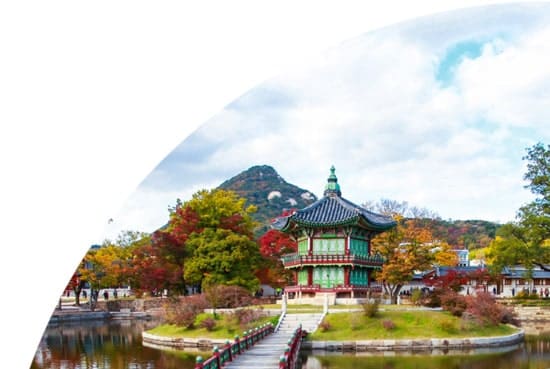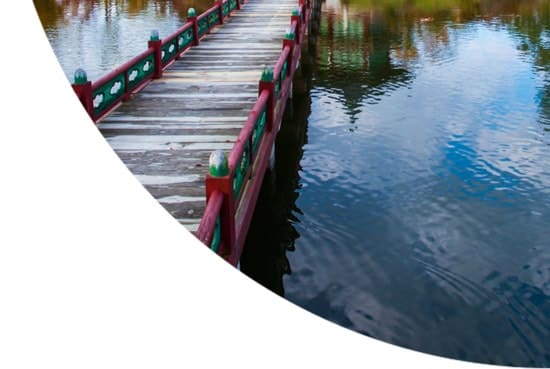Scrub typhus, also known as bush typhus, is a bacterial disease that is spread to people through bites of infected chiggers (larval mites). Common symptoms include fever, headache, body aches, and sometimes rash. It can usually be treated with antibiotics, however people with severe illness may develop organ failure and bleeding, which can be fatal if left untreated.


Travel Vaccinations for Singapore
Recommended Vaccines for Singapore
The level of protection needed depends on your medical history and travel itinerary. Book now to get a personalised recommendation from our specialist travel nurses. The consultation costs £20 plus any vaccines you decide to take.
Flexible appointments with no upfront payment
Book Now
Destination Information for Singapore
The global financial centre of Singapore lies off the Southern coast of Malaysia. It is an island city-state, with a vast and multicultural population. Singapore is a dynamic and modern city, which is often used as a stopover for travellers heading to long-haul destinations, but it has plenty to offer as a destination in its own right. There are Chinese, Malayan and Indian influences everywhere, from the food and music to the architecture.
With contemporary developments springing up all the time, you won’t have to look far for a good restaurant or shopping complex. The city’s centre piece is Marina Bay Sands, a skyscraper with three towers. Adrenaline-lovers should make sure to pay a visit to the Universal Studios theme park at Resorts World, Sentosa.
If you’re inclined more towards ‘traditional’ sightseeing opportunities, Chinatown and Little India are colourful and exciting places to be. You could also head to Singapore Zoo, the Botanical Gardens or the Bukit Timah Nature Reserve. With beaches, diving trips, wildlife watching, shopping, world-class cuisine, theatres, museums, galleries and more, it’s no wonder Singapore is one of the most popular travel destinations in the world.
The climate in Singapore is tropical, and the summer heat combined with haze from forest fires in neighbouring Sumatra means that June to October can be an uncomfortable time. It is hot all year round with sudden, heavy rain and thunder almost daily, although it stops as suddenly as it began.
As you experience the multicultural delights of Singapore, it is important you have been administered with the appropriate travel vaccinations. Anyone travelling to Singapore may require hepatitis B, Japanese encephalitis, rabies and tetanus, diphtheria and polio vaccines. Depending on which regions you visit and your itinerary, additional vaccines may be required, so book an appointment at a travel clinic to find out exactly what you need.
Infections and Outbreaks frequently change from country to country and by attending our clinics you will be given the most up to date clinical and safety advice from our team of specialists. Our advice to you often includes aspects such as:
- Food and water hygiene
- Insect and animal bite avoidances
- Personal safety
- Sexually transmitted infections
- Sun protection
- Altitude sickness
Malaria and regions within country:
Malaria is not normally present in Singapore.
Non Vaccinated Diseases
Additional Health Risks Information for Singapore
Violent crime is rare in Singapore, but tourists and visitors to the country should be aware of the potential for street crime including muggings, bag snatching, pick pocketing and scams. Carry your possessions carefully about be vigilant about your personal safety at all times, especially in busy areas when foreigners can be seen as an easy target.
Health care facilities in Singapore are excellent, but expensive. You will be required to pay for any treatment in full, so make sure that you have funds available and adequate travel insurance in place to cover this, along with repatriation if necessary. Prescribed medication in Singapore may not be the same as in the UK, or be available at all, so carry any required medicines with you, along with a prescription showing what they are.
During the months from June to October the level of air pollution and haze in Singapore is high, especially in the cities. This can cause breathing difficulties for those with asthma and can also cause disruption to travel. Check the local conditions for your specific destination. There are mosquitos and the risk of associated diseases including dengue fever and chikungunya virus all year round. Take all possible precautions to avoid being bitten by mosquitos by using insect repellent with 50% deet.



